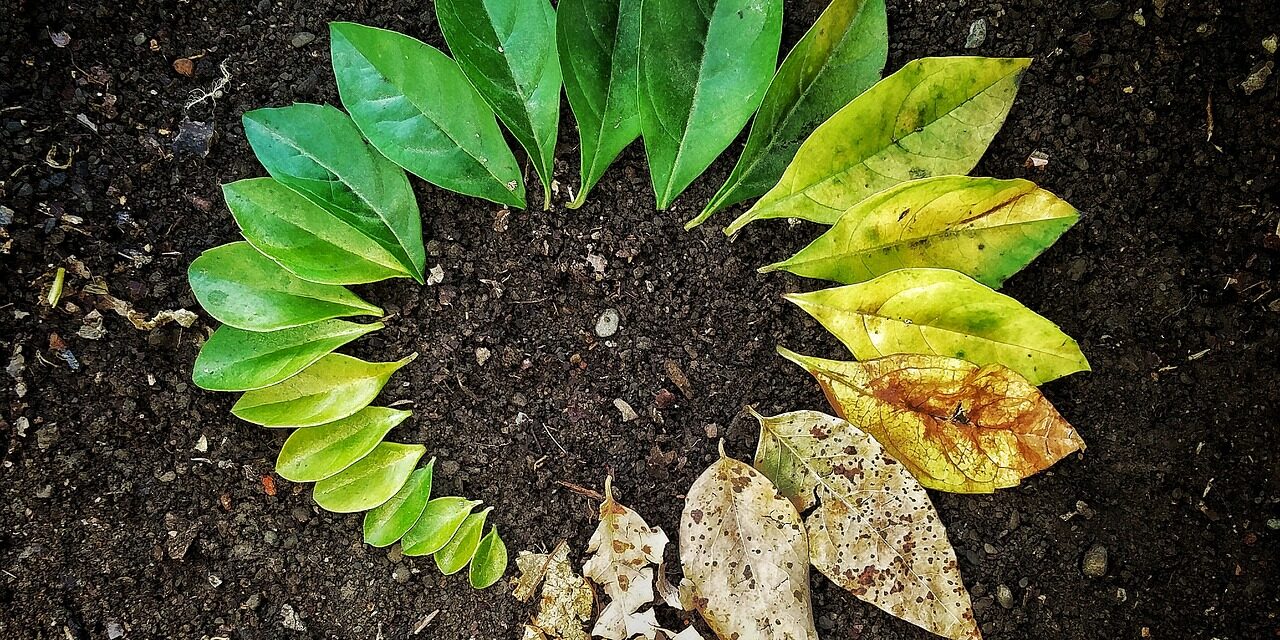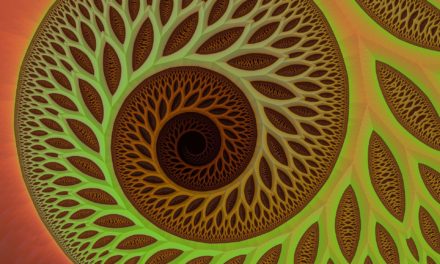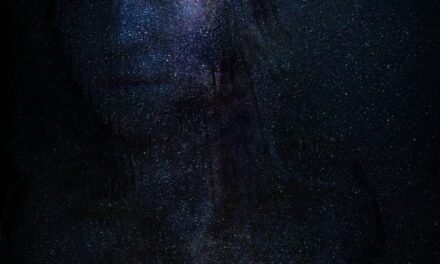When you think of a wilderness, what comes to mind? Towering trees and crystal-clear rivers, maybe, or the hard-won survival of a lizard scurrying across a remote desert landscape. Probably, “wilderness” conjures an image defined by its lack of human infrastructure and an above-average presence of impressive and uncommon natural features. This concept of wilderness only emerged historically as unhealthy human environment interactions decimated landscapes and created a false binary between the wild (what dominant forces had not yet exploited) and the civilized. In truth, I struggle with the idea of wilderness and what it implies about our world. That’s why I’d like to introduce a different definition around wilderness and what it means to sing it.
Faulty conceptions of wilderness have rested on the assumption that humans impurify any place they make their home. Particularly within the Christian tradition, myths of humans being cast out of the garden of Eden situate us at odds with our natural kin, having to wrangle “resources” in order to survive.
Firstly, this assumption greatly disrespects our long history and our undeniable belonging on this planet. If humans were cursed from the outset with an anti-Midas touch, killing whatever grazed our fingertips, we would not have made it very far as a species. In the scope of planetary time, we still haven’t, but tens of thousands of years of archaeological evidence (and the example of indigenous cultures practicing survivance today) show we are fully capable of living within our means. More importantly, the wisdom of countless indigenous cultural teachings shows that wilderness includes the human, because all life is interconnected and inseparable. Wilderness as a place separate from where humans live is not an intelligible concept to many indigenous groups, and failing to manage areas considered wilderness has actually made many places more vulnerable to catastrophic events like wildfires.
Beyond its historical inaccuracy, defining wilderness as an area without humans leaves an incredibly sad vision of the world and our future. It tells us we must travel to experience the fantastic complexity of our natural home—that the places we build will always destroy this wildness that we cherish and crave. It tells us that the only way to keep even a sliver of the magic of healthy, diverse ecosystems alive is to create guarded squares of land that millions must shuttle through each year in search of solace from the regimented, predictable, and highly controlled nature of their daily lives. It is high time we admit that we are capable of so much better than this.
Human beings have shown countless times throughout history their capacity for thoughtfulness, compassion, and innovation. Living within and alongside nature is vital to our well-being and to creating more respectful relationships between humans and earth. Amending our current definition of wilderness is essential to creating the change we need for humans to continue living well on this planet.
Rather than landscapes where we do not belong, what if we instead defined wilderness as reciprocal relationships between humans and non-humans that facilitate flourishing for all?
What if wilderness at its core was about acknowledging the inborn gifts, aspirations, and contributions of each creature and each person on this planet and designing our communities to maximize these gifts, instead of maximizing profit?
Wilderness, too, might be about peeling away the layers of meaning humans have painted onto the world, and accepting our natural kin as is. Accepting ourselves just as we are. Wilderness is built into each living thing; for what is wilderness but the perpetual magic of growth? I have a small parlor palm growing in my bedroom. Right now, there is a new sprout of leaves preparing to unfurl. As it prepares to open, it’s just a tightly rolled horn sticking up out of the dense assembly of grassy offshoots. But I can pick at it with my fingers and see already each long narrow leaf diverging from the thin central stem. I am constantly taken aback by new growth on my houseplants that I was too occupied to notice as it happened. But even without my full attention, they grow. They ask only the occasional watering, feeding, and replanting. What an incredible reminder that the world is a beautiful, mysterious place with more potential, more humble generosity, than I can fathom.

My inspiration comes from Sigurd Olson, a naturalist and lifetime lover of the Quetico-Superior ecosystems at the beginning of the boreal forest, and his concept of “the singing wilderness.” To Olson, this meant the wholeness and wonder that accompany stunning moments of being with the natural world. The singing wilderness, for me, is a soft golden love that starts in my core, radiating out to envelop the whole world. While I love its poetry and simple description of a profoundly beautiful experience, there are a few glaring issues with Olson’s concept. Olson’s wilderness is rugged, uninhabited, “simpler,” and “less civilized.” Wilderness—the complex multi-faceted wholeness of life growing and dying in cycles by seasons and lifetimes—is anything but simple. And as mentioned above, it doesn’t do us much good to consider it something that only exists without us.
Olson writes in The Singing Wilderness,
…almost everyone is listening for something…it seems to be part of the hunger that all of us have for a time when we were closer to lakes and rivers, to mountains and meadows and forests, than we are today. Because of our almost forgotten past there is a restlessness within us, an impatience with things as they are, which modern life with its comforts and distractions does not seem to satisfy. We sense intuitively that there must be something more, search for panaceas we hope will give us a sense of reality, fill our days and nights with such activity and our minds with such busyness that there is little time to think. When the pace stops we are often lost, and we plunge once more into the maelstrom hoping that if we move fast enough, somehow we may fill the void within us. We may not know exactly what it is we are listening for, but we hunt as instinctively for opportunities and places to listen as sick animals look for healing herbs.
I believe that hunger does exist, but it’s not merely a matter of distance from earthly features like lakes and meadows. The void we try to fill is by no means strictly biological. As Olson implies, the deeper problem rests in our relentless escape attempts from accepting and loving our planet and ourselves as we are. The wilderness sings to us when it reminds us of the gift of being in a world absolutely overflowing with the urge to live. But relying on the wilderness to sing to us isn’t a very loving or reciprocal relationship. We must sing the wilderness, too.
When we think of the natural world as something that will speak to our souls only with the right combination of beauty and solitude, it renders our landscapes static and creates anxiety and possessiveness for the scarcity of traditionally “wild” environments left. Conceptualizing wilderness as something that sings to us only in remote and untouched landscapes, we separate ourselves from our relationship to the lands that sustain us. We also excuse ourselves from the responsibility of maintaining wilderness everywhere by assuming that any proof of human inhabitation disqualifies a landscape from wilderness.
To sing the wilderness, then, is to embrace an active role in creating and maintaining the best of what wilderness offers our global community. To sing the wilderness might look like forgoing lawns for native meadows, planting food to be shared, creating green space for communities of color with less access to shade, or simply listening to our ecosystems when they tell us things have to change. Singing is one of the most beautiful, expansive, connected abilities of our bodies. Singing is joy, relationship, and the truth that cannot be captured by words. Singing the wilderness turns our love of melody and story into becoming a better friend to what gives us life.
We must sing the wilderness not only for the sake of protected land that cannot be cleared or gutted for the sake of more money, which we surely need, but must also sing the wilderness inside of ourselves. It is time to give voice to and celebrate the deep knowledge of our simultaneous grandeur and slightness. It is time to celebrate our interconnectedness with each other and with all life that has come before and will follow.
This journey will take many forms, with infinite starting points. Take time to listen to your own mind and body (our bodies, truly, are a fountain of wilderness all themselves). Remind yourself that life is not a series of parallel lines but intersecting circles. That there are seasons for growth and seasons for stillness, and that you are allowed to forgive yourself. Sing the wilderness of relying on each other, forging community, as we have always needed to do in order to survive and thrive.
To engage with these ideas, remember a time when you felt your own version of the singing wilderness. Maybe it was outside, at a popularly awe-inspiring place, or maybe it was around a campfire with friends. Maybe it was staring at a houseplant, or a picture, or thinking about your ancestors. Essentially, a moment where you felt whole, and truly connected to the world around you. Remember how it looked, sounded, smelled, tasted, felt. What was different about that moment from your “regular” life? What did you learn from it? At the end of your remembering, express some gratitude to the human or non-human life that helped you to have that special experience.






